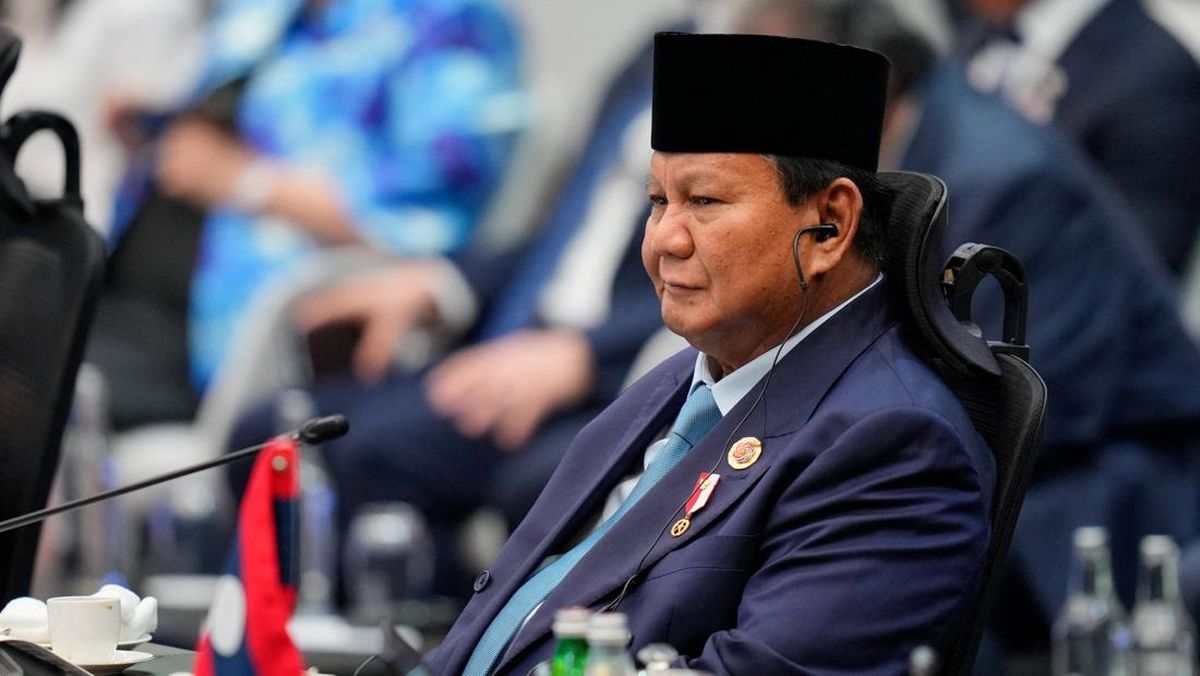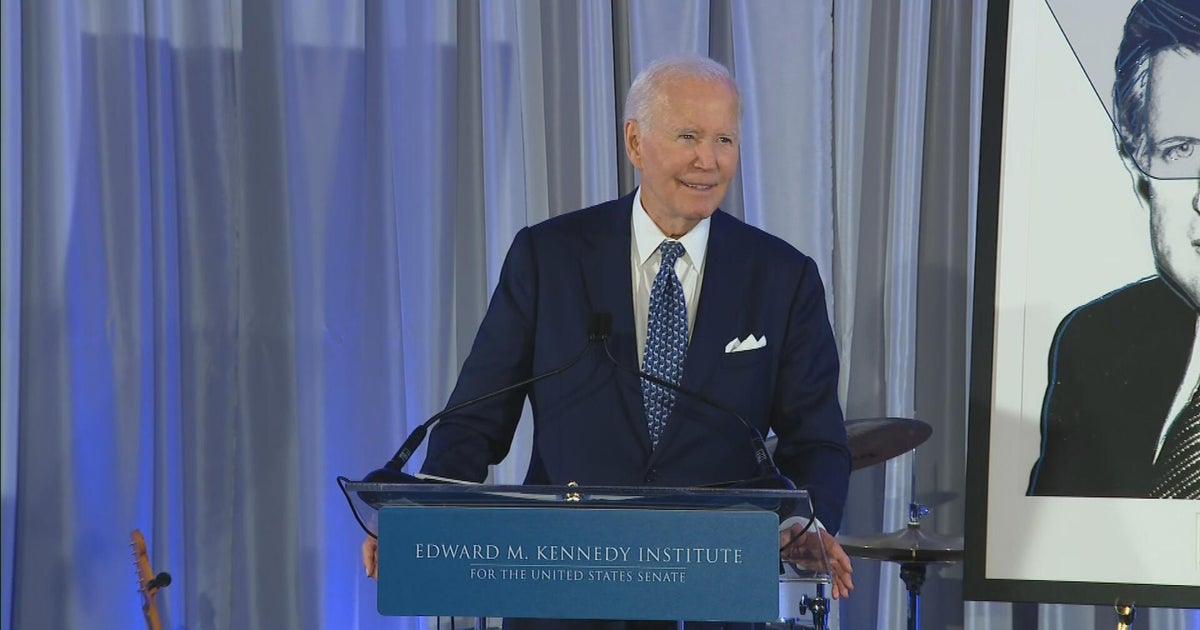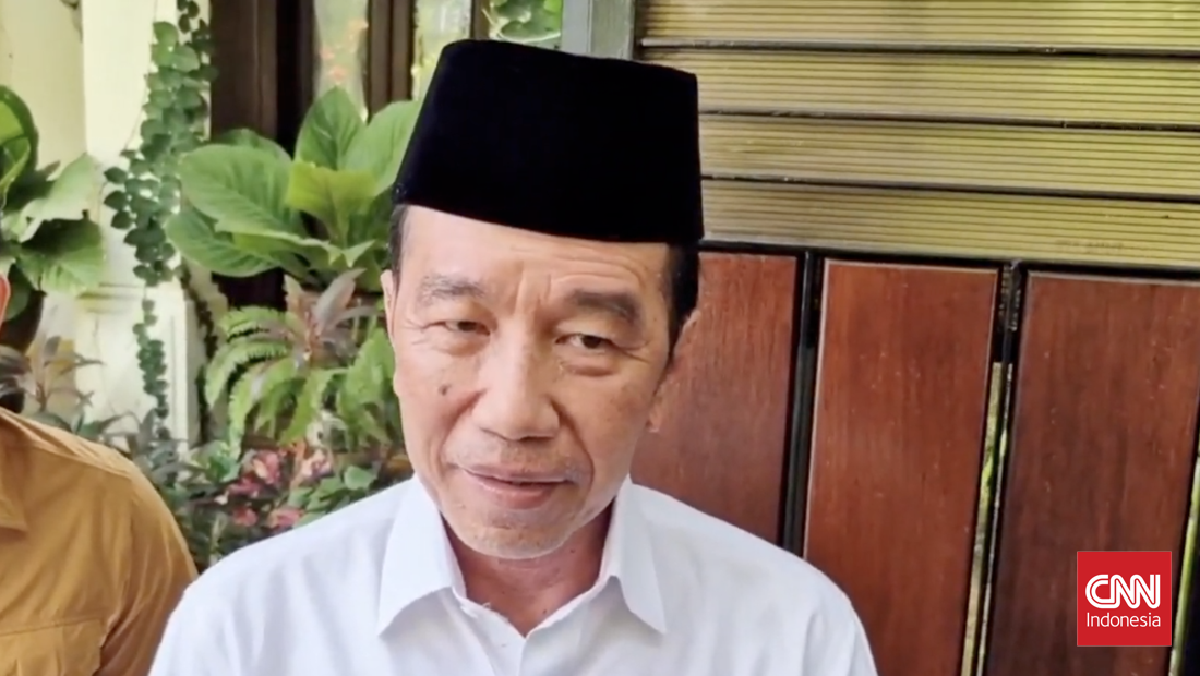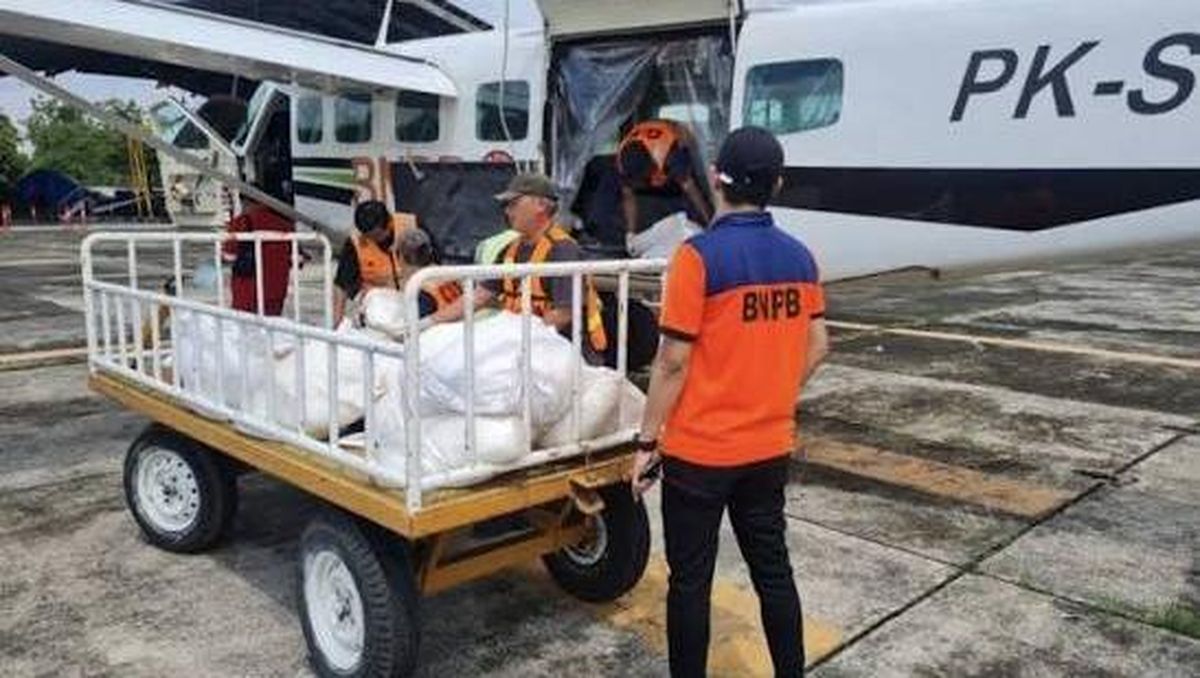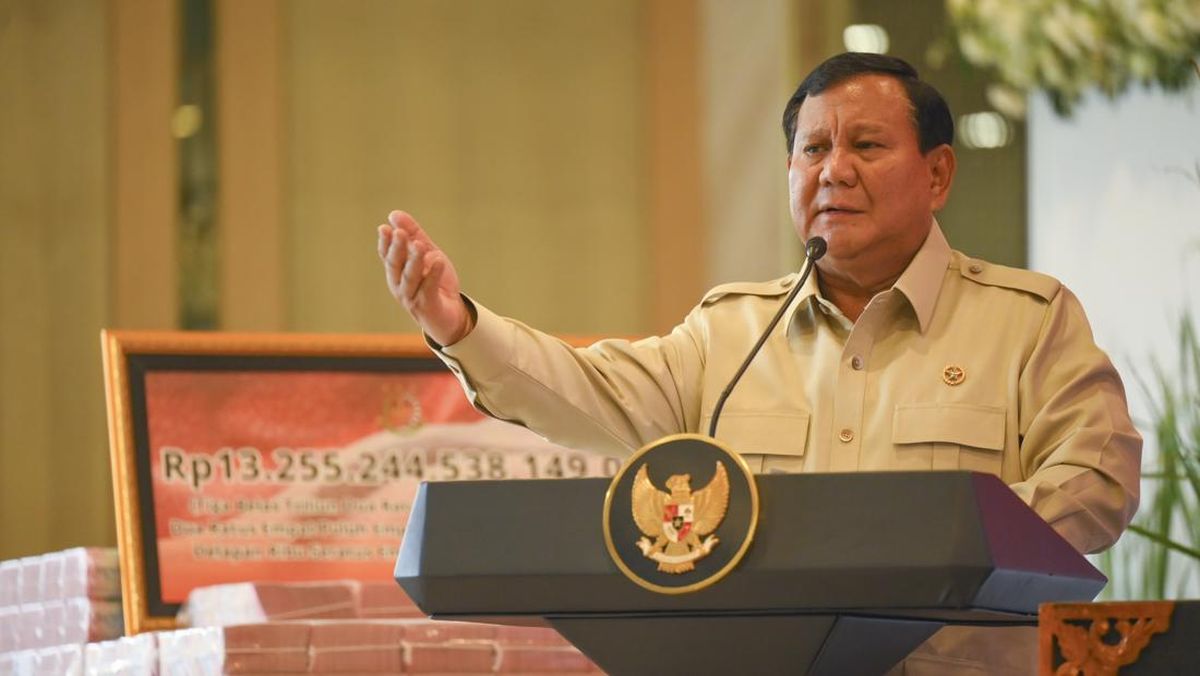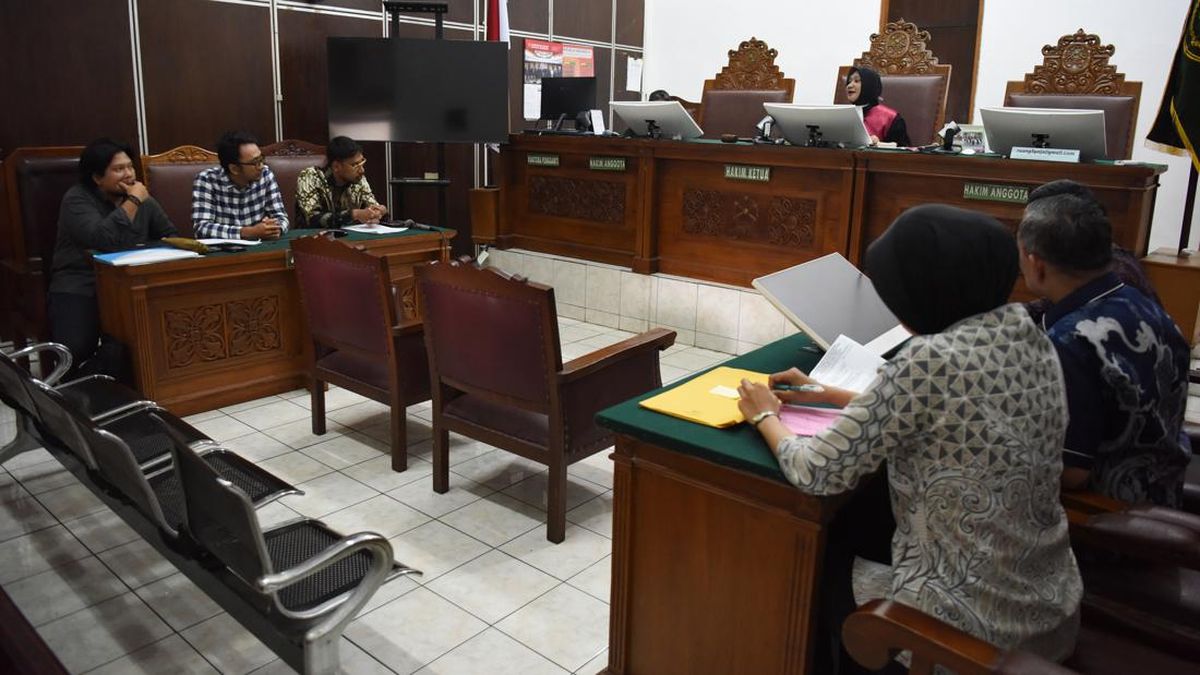Ian Wilkinson also told the jury while no specific course of treatment was outlined, he understood maybe the treatment wasn’t yet specified.
When it came to the alleged cancer lie, Beale said Erin Patterson had told the jury that she’d thought she had ovarian cancer years earlier and that she led her lunch guests to believe she “might be needing treatment regarding that in the next few weeks or months”.
Beale said she later said: “I didn’t say that I received a diagnosis, no.”
The prosecution has told the jury to reject that version of events, alleging the accused lied about the threat to her life.
A list of issues Beale says are up to the jury to decide are summarised below:
- Whether Erin Patterson deliberately included death cap mushrooms in the beef Wellingtons
- Whether she had the state of mind necessary for the alleged offences at the time she served the beef Wellingtons to her guests (for murder – intention to kill or cause really serious injury, attempted murder – only intention to kill required)
- Whether she had good reasons not to kill her lunch guests
- Whether the accused foraged for mushrooms
- Why the kids were not at the lunch
- Why she cooked individual beef Wellingtons
- Whether the lunch guests had different-coloured dinner plates
- Whether the accused put her meal on a different type of plate
- Whether the accused engaged in incriminating conduct after the lunch
The defence says Erin Patterson and Ian Wilkinson’s accounts of what was said at the lunch are not too far apart, maintaining their client said she may need treatment.
Beale told the jury that in Simon Patterson’s evidence he recounted a conversation with his parents at the Korumburra hospital on July 30, 2023, where his father, Don, said the accused had “a positive cancer test”.

Sole surviving guest of the beef Wellington lunch Ian Wilkinson arrives at court on June 30. Credit: Jason South
The final alleged credit lie, Beale said, was whether the accused was planning to have gastric bypass surgery.
The prosecution alleges Erin Patterson lied to the jury when she said that at the time of the lunch she had an upcoming medical procedure, or upcoming appointment booked, for gastric weight-loss surgery.
The mother of two told the jury she hoped her family could help with logistics around her children and she wouldn’t have to tell them the real reason was gastric-bypass surgery she had an appointment for in early September 2023.
The prosecution put to Erin Patterson in cross-examination that the clinic in Melbourne does not offer this type of surgery.

Defence barristers Sophie Stafford (left) and Colin Mandy, SC, outside court on Monday.Credit: Jason South
The defence said Erin Patterson did make an appointment and was “honestly mistaken” about what for.
Beale said if the jury found the accused lied about something, they can use that to help decide if they believe other parts of her evidence.
“These alleged lies are only relevant in assessing her credibility,” the judge said.
Beale also reminded the jury of the difference between murder and attempted murder and the four elements that the prosecution must prove in order a person to be found guilty.
The four elements of murder are: that the accused caused the death of the deceased by serving them a poisoned meal; that her alleged conduct was conscious, voluntary and deliberate; that at the time she intended to kill or cause really serious injury to them and that she did so without lawful justification or excuse.
The four elements of attempted murder are: that the accused consciously, voluntarily and deliberately served Ian Wilkinson a poisoned meal; that her acts were more than merely preparatory; that she intended to kill Ian Wilkinson and that her alleged conduct had no lawful justification or excuse.
Beale reminded the jury that people are presumed to be innocent unless and until they are proven to be guilty.
“That is absolutely fundamental,” he said.
Loading
He said the prosecution must satisfy the jury that the accused is guilty of the four charges and that Erin Patterson does not have to prove anything.
Beale said for some cases there may be evidence of a motive to murder, but in others there was none or it remains known only to the offender.
In this case, he said the prosecution agrees there is no motive, while the defence argues she had no good reason to kill her lunch guests as they were good people and she had a good relationship with them.
“The prosecution does not have to prove motive in order to prove its case,” Beale said.
“It’s the allegations of murder and attempted murder the prosecution has to prove, nothing else.”
There had been 15 jurors empanelled at the beginning of the trial with one man discharged 12 days into the 10-week trial. On Monday, a final two were balloted off and sent home following 40 days of hearing evidence, arguments and instructions.
“Can I say a very warm thank you to those people ... balloted off,” Beale said. “I don’t know if you’ll feel relieved or frustrated, but … you have made an important contribution to the administration of justice. I think the community would be very grateful too.”
He also reminded the remaining jurors not to interact with those no longer part of the group until after the trial.
Patterson has been charged with three counts of murder and one count of attempted murder. She has pleaded not guilty and has said the poisonings were a tragic accident.
Get alerts on breaking news as it happens. Sign up for our Breaking News Alert.



